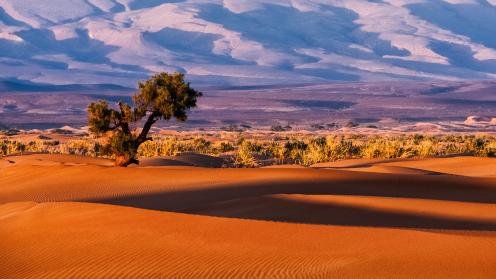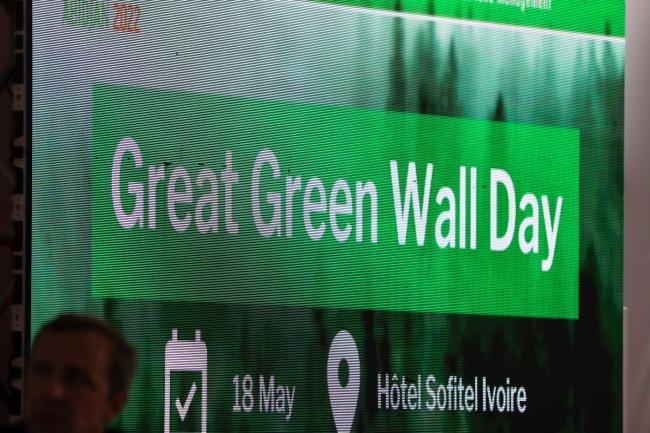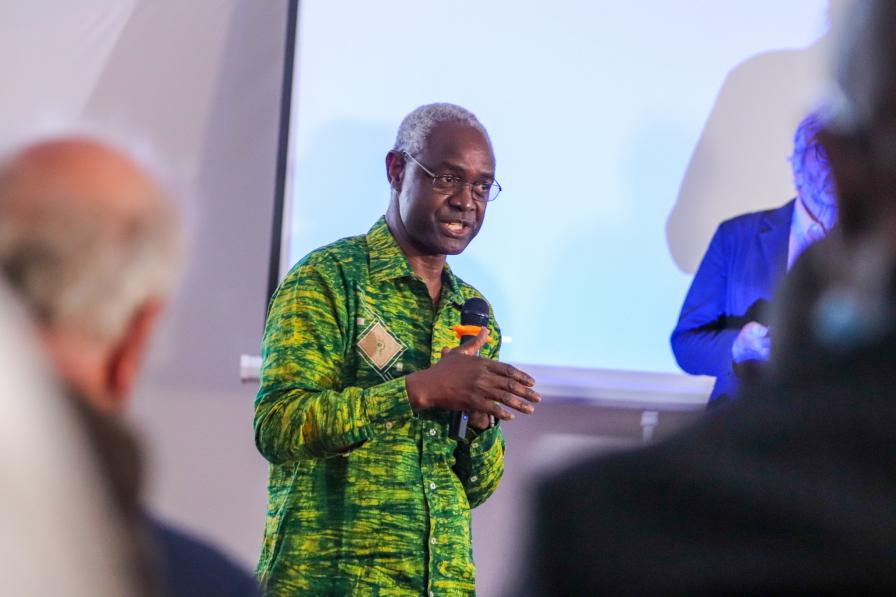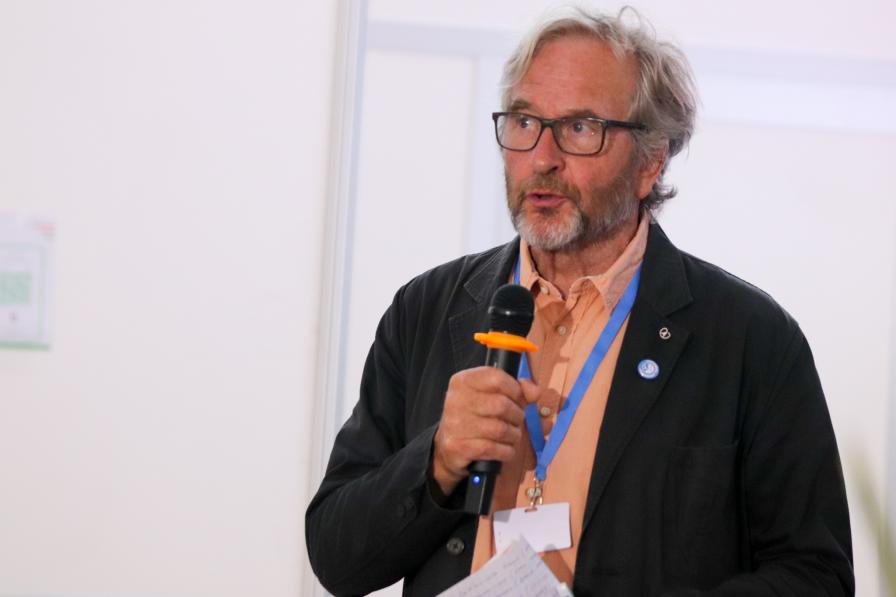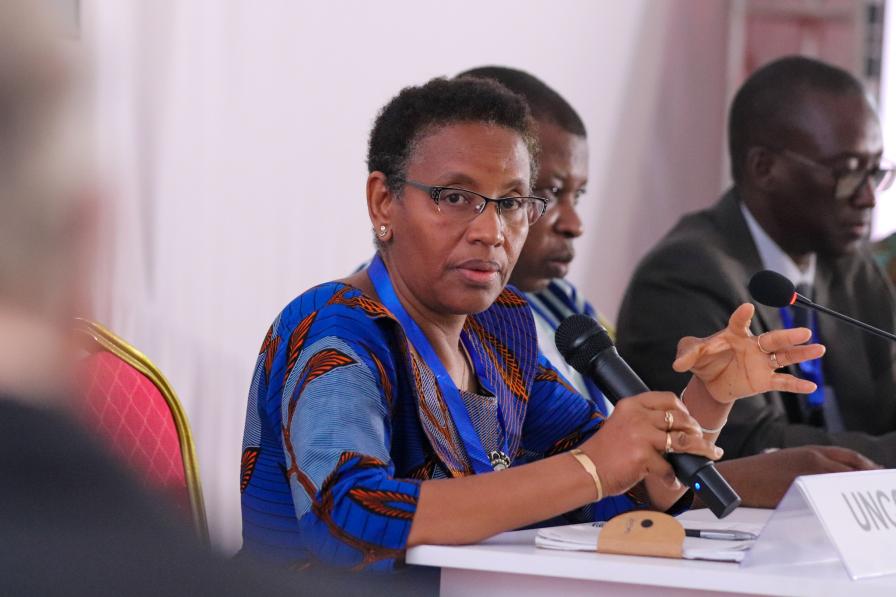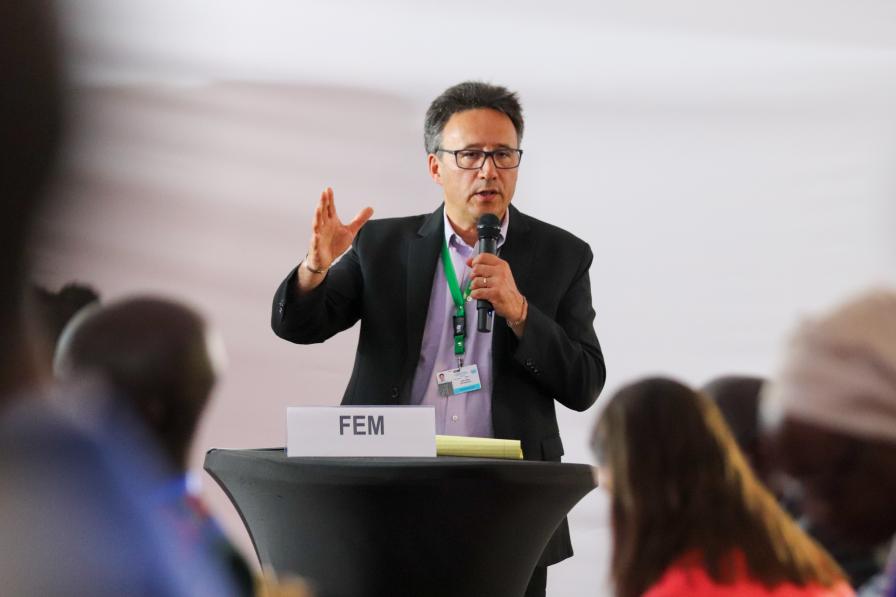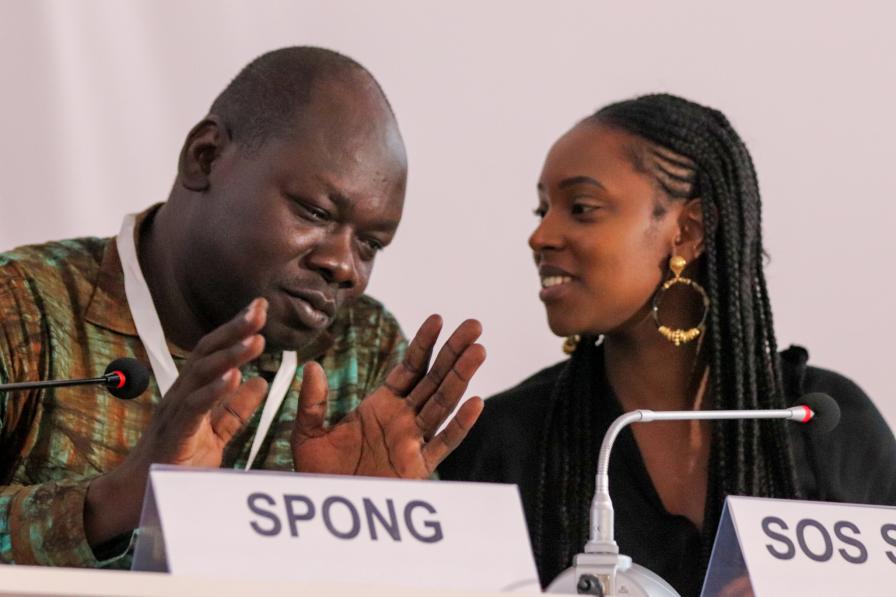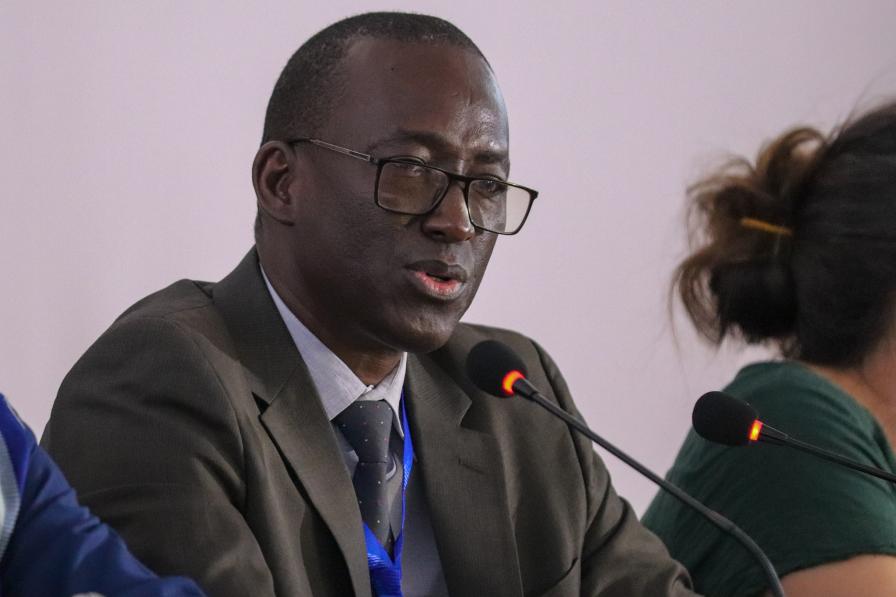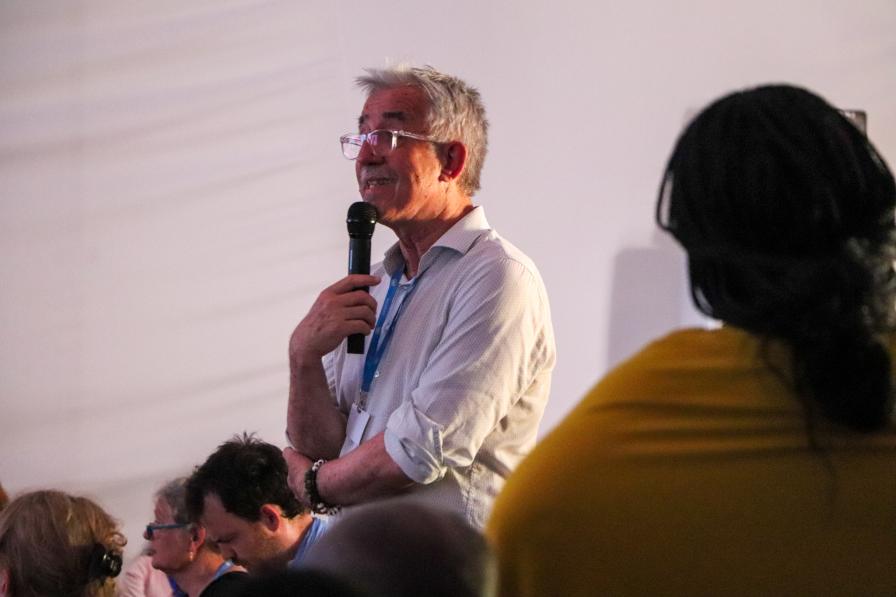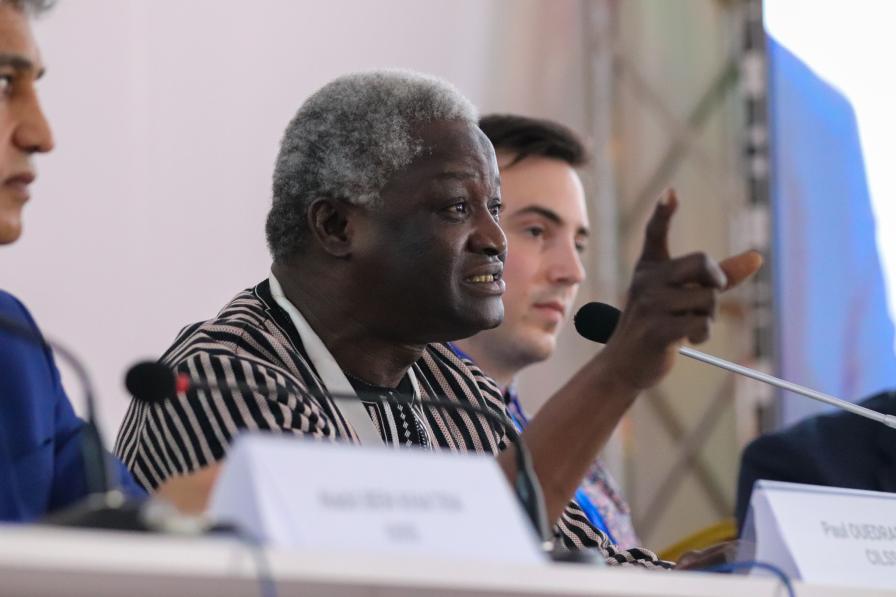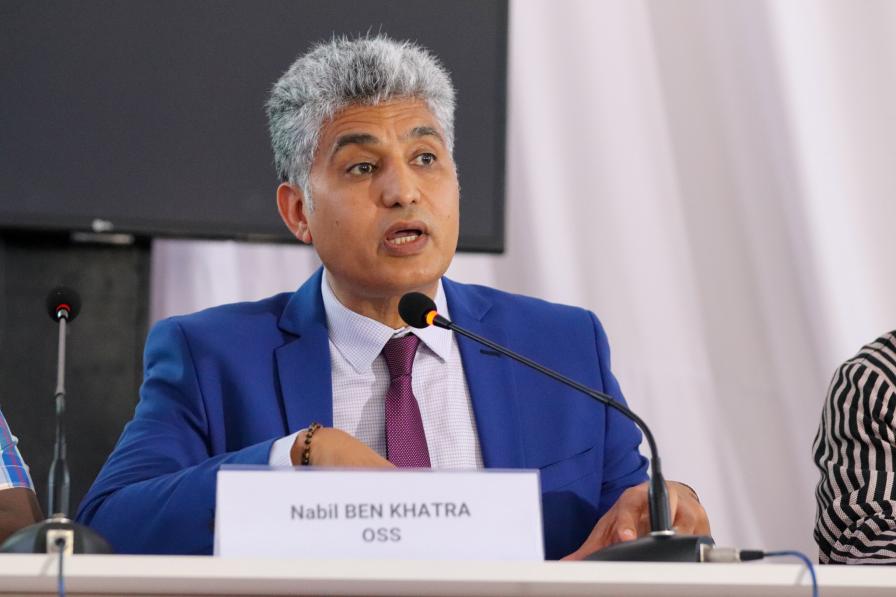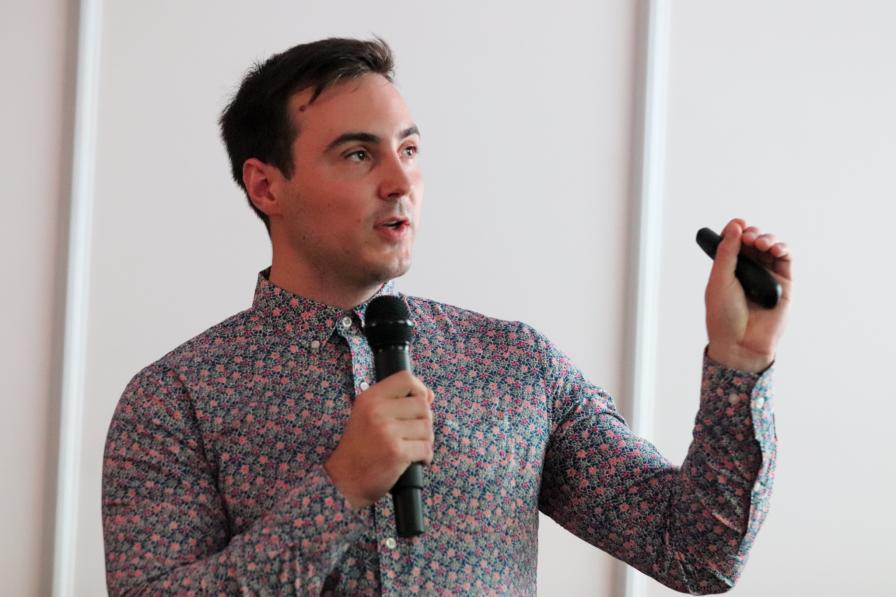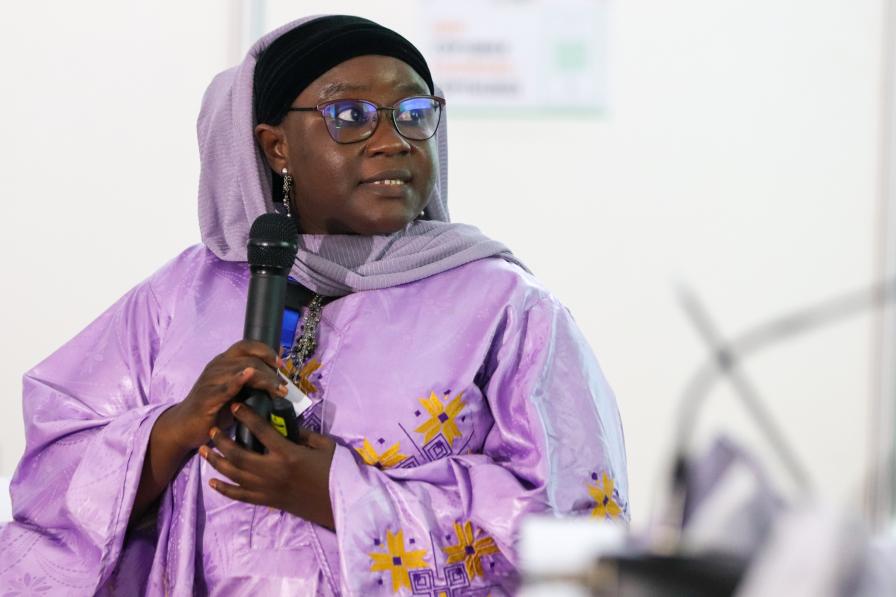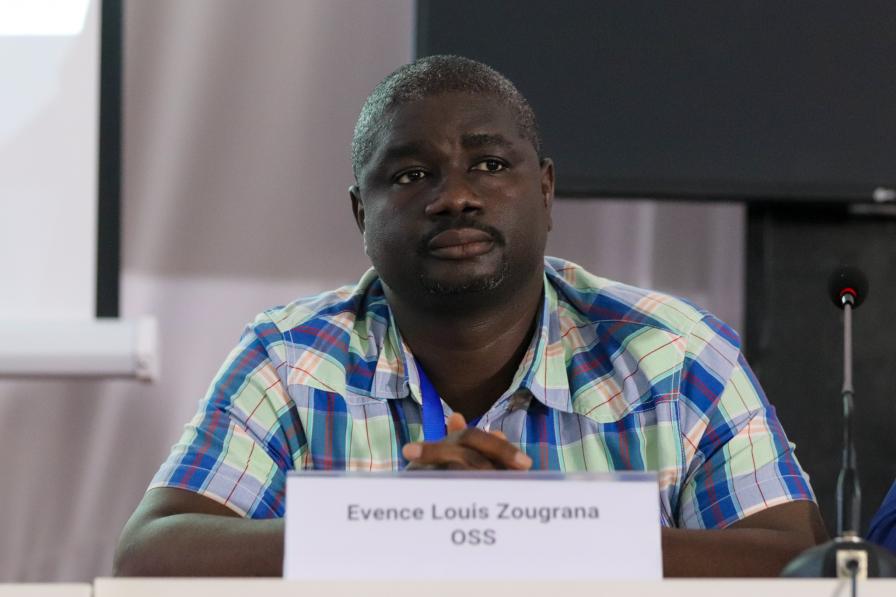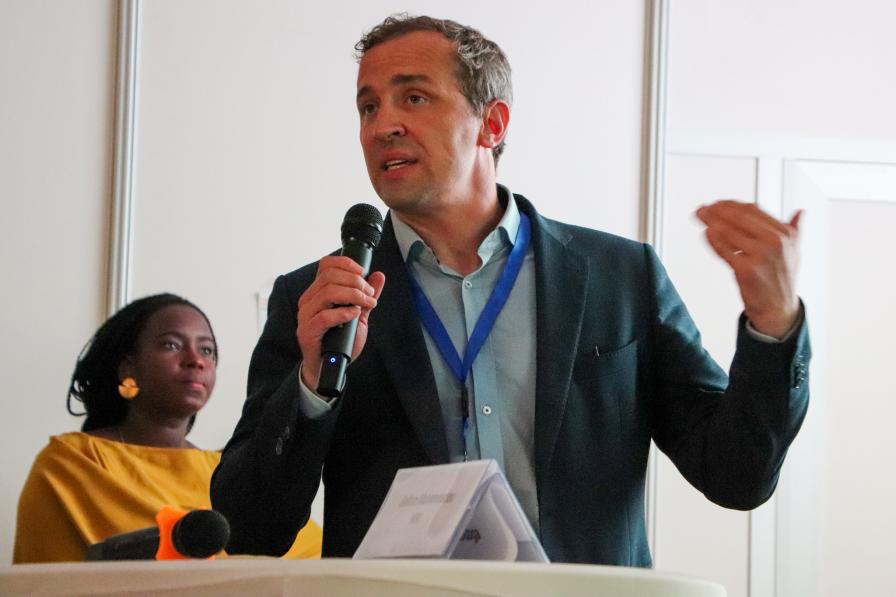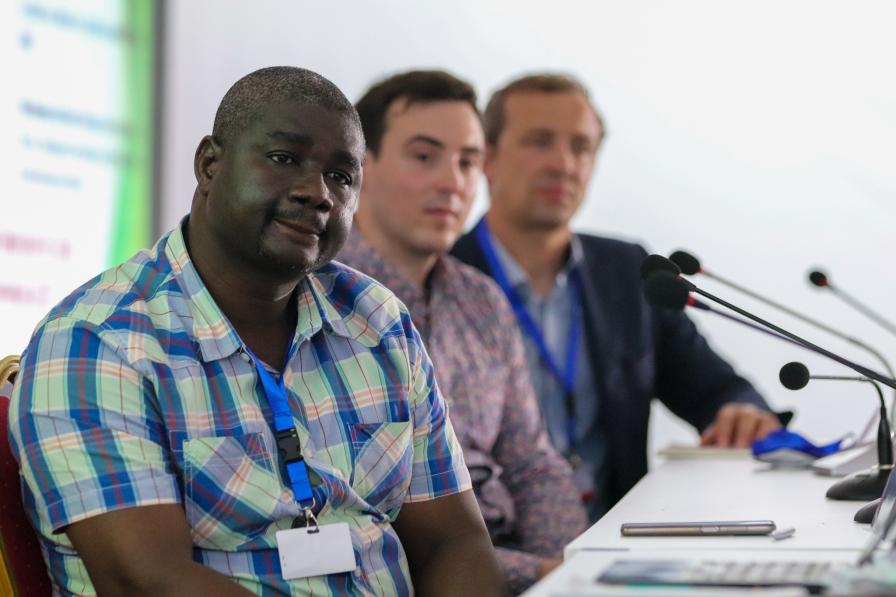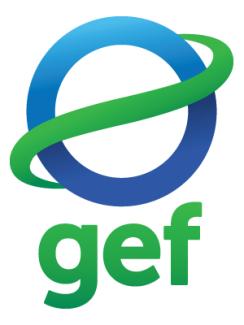Land degradation threatens the livelihoods of millions of people in the drylands of Africa. However, promising initiatives are emerging to reverse this trend, including the Great Green Wall, an African-led movement that aims to grow an 8,000 kilometre “natural wonder of the world” across the entire width of the continent. By 2030, the Great Green Wall aims to restore 100 million hectares of currently degraded land, sequester 250 million tonnes of carbon, and create 10 million jobs in rural areas. Vast tracts of land along the Great Green Wall have already been restored by local communities.
Initially a tree-planting program, the Great Green Wall Initiative is now viewed as a comprehensive integrated ecosystem management and rural development programme to combat land degradation and desertification, climate change, biodiversity loss, and poverty and food insecurity. A Great Green Wall accelerator was launched in January 2021. It aims to increase implementation of the Initiative in 11 countries by supporting multi-stakeholder initiatives designed in countries, and to better valorize local actions already carried out in the field in support of the Great Green Wall’s objectives.
Great Green Wall Day was the final day at the Rio Conventions Pavilion at the 15th meeting of the Conference of the Parties (COP 15) to the UN Convention to Combat Desertification (UNCCD).
Sessions addressed:
- overcoming barriers to make Great Green Wall a success by 2030;
- monitoring tree cover and enhancing decision making tools across Africa’s Great Green Wall, and how innovative data on the impact and extending landscape restoration can accelerate regreening progress across Africa, and what gaps still exist;
- inter-regional engagement to inform policymaking in sustainable land management and restoration and the Great Green Wall Initiative in the dry lands, including its contribution to the UNCCD’s land degradation neutrality (LDN) agenda;
- ensuring sustainable African agriculture, amidst climate change impacts on African farmers and the war in Ukraine, which is increasing food, fuel, and fertilizer prices toward record levels and threatening food security in many of the world’s poorest countries; and
- inclusive and climate change resilient development in the Sahel through a low carbon transition and agroforestry.
Another session on insecurity in the Sahel highlighted terrorism and a spectrum of mutually reinforcing conflicts. These include conflicts linked to the scarcity of natural resources due to climate change as well as inter-community conflicts—particularly inter-ethnic or inter-religious conflicts, which have led to tragedies in Mali and Burkina Faso, for example. In countries that are more than 70% dependent on natural resources (land, water, vegetation, and biodiversity), and where youth represent more than 50% of the population, the proliferation of extremist groups is a real threat.
A final session explored Turkey’s contribution to the African continent with respect to capacity building, sustainable land management, and landscape restoration actions on the ground. The event highlighted: the global Ankara initiative; regional partnerships, such as the FAO Turkey Forestry Partnership) being implemented by the UNCCD and the Food and Agriculture Organization of the UN (FAO); and results of the BRIDGES Project, which is operational in the Great Green Wall region and is being implemented by Turkey and FAO.
The Rio Conventions Pavilion took place from 10-18 May on the sidelines of UNCCD COP 15 in Abidjan, Côte d’Ivoire.
All ENB photos are free to use with attribution. For Rio Convention Pavilion events during UNCCD COP15, please use: Photo by IISD/ENB | Matthew TenBruggencate.
To receive free coverage of global environmental events delivered to your inbox, subscribe to the ENB Update newsletter.
How to overcome barriers to make Great Green Wall a success in 2030?
Monitoring Tree Cover and Enhancing Decision Making Tools Across Africa’s Great Green Wall
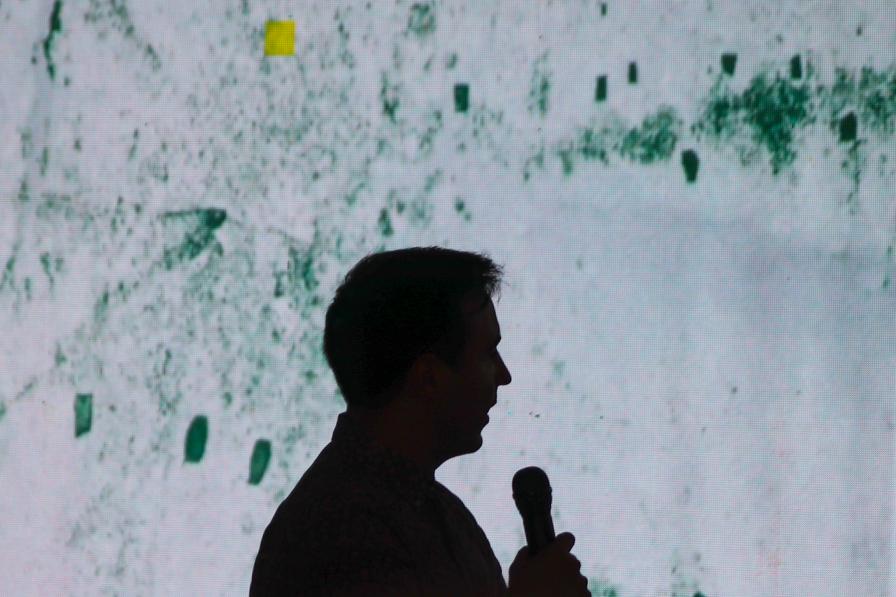
New research and imagery shared by the World Resources Institute tracks trees at a 10-metre resolution, helping identify trees in the less woody "mosaic landscapes."
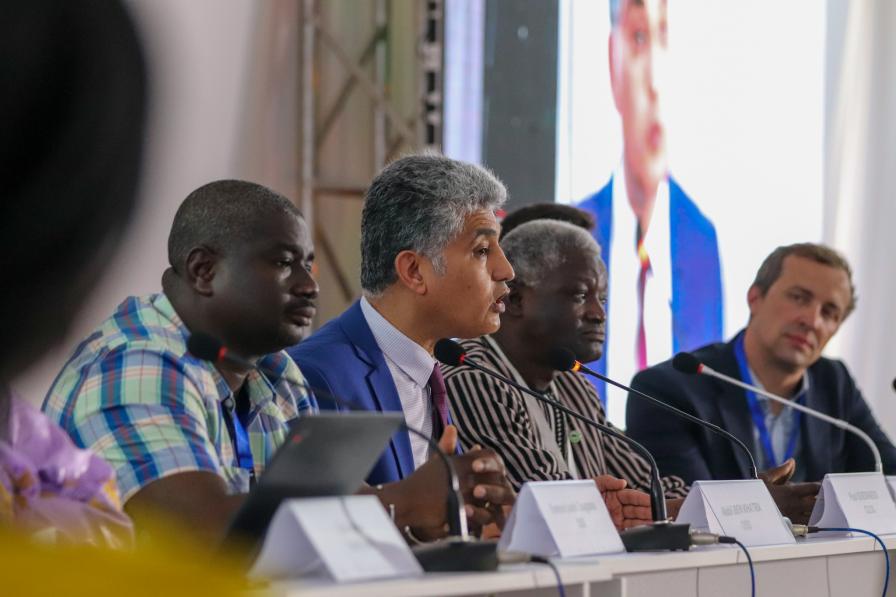
Evence Louis Zougrana, OSS; Nabil Ben Khatra, Executive Secretary, OSS; Paul Ouedraego, Adjoint Executive Secretary, Comité permanent Inter-Etats de Lutte contre la Sécheresse dans le Sahel; and Tatenda Lemann, WOCAT and University of Bern
